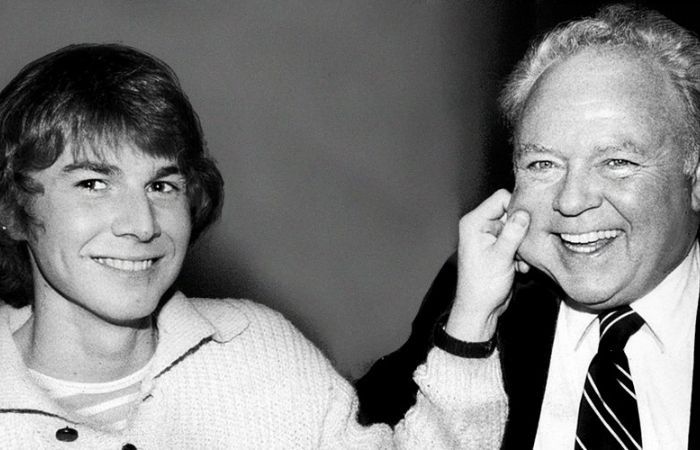Carroll O’Connor, a name synonymous with classic television, had a lasting impression on the entertainment business with his unforgettable performances and great talent. Best renowned for his role as Archie Bunker in the trailblazing television series “All in the Family,” O’Connor’s career spanned decades, garnering him numerous accolades and a place in the hearts of fans all over the world. This article dives into Carroll O’Connor’s life, career, and legacy, examining how his work continues to connect with audiences and impact modern television.
Early Life and Beginnings
Carroll O’Connor was born August 2, 1924, in Manhattan, New York. Raised in a working-class family, he had an early interest in acting and went on to attend the University of Montana and then the National University of Ireland, Galway, where he sharpened his skills. After serving in the Merchant Marines during World War II, O’Connor pursued a career in theater, appearing in a number of stage shows that demonstrated his range and aptitude. His early career in theater paved the way for his subsequent success on television.
Breakthrough with “All in the Family”
Carroll O’Connor’s career took a significant turn in 1971, when he was cast as Archie Bunker in Norman Lear’s “All in the Family.” The sitcom, which was noted for its humorous and candid approach to sensitive social themes, became a cultural sensation. O’Connor’s portrayal of the irascible but weirdly charming Archie Bunker struck a chord with both audiences and critics. Archie Bunker became one of television’s most memorable characters thanks to his bluntness and intolerance, which were balanced by moments of tenderness and humor. O’Connor’s performance garnered him four Primetime Emmy Awards for Outstanding Lead Actor in a Comedy Series, firmly establishing his position in television history.
Transition to “In the Heat of the Night”
After “All in the Family” concluded in 1979, O’Connor proceeded to make an impression on television with another notable part. In 1988, he played Chief Bill Gillespie in the crime drama “In the Heat of the Night.” The drama, based on the 1967 film and John Ball’s novel of the same name, tackled complicated societal topics including racism and justice. O’Connor received great acclaim for his depiction of the initially prejudiced but ultimately fair-minded police chief, demonstrating his ability to take on hard and diverse roles. The series aired for seven seasons, cementing O’Connor’s reputation as a versatile actor who excelled in both humorous and tragic performances.
Impact and Legacy
Carroll O’Connor’s effect on television goes beyond his memorable performances. His willingness to face social concerns directly in his roles paved the path for more nuanced and socially conscious programming. “All in the Family,” in particular, pioneered new territory by covering issues such as racism, women’s rights, and homosexuality, making it one of the most influential television shows in history. O’Connor’s efforts helped to transform television from a source of amusement to a platform for social commentary and change.
In addition to his acting career, O’Connor was a successful writer and producer. He co-wrote several episodes of “All in the Family” and “In the Heat of the Night,” demonstrating his abilities behind the scenes. His services to the industry were recognized with several awards and distinctions, including a plaque on the Hollywood Walk of Fame.
Personal Life and Challenges
Despite his professional success, Carroll O’Connor endured personal hardships, including the tragic suicide of his son, Hugh, in 1995. This terrible experience inspired O’Connor to become an advocate for mental health awareness and drug addiction prevention. He used his platform to raise awareness about these concerns, with the hope of preventing other families from going through similar tragedies. His advocacy efforts demonstrated his sensitivity and commitment to making an impact beyond his acting profession.
Conclusion
Carroll O’Connor left a legacy of revolutionary performances, social impact, and personal perseverance. His portrayal of Archie Bunker in “All in the Family” remains a standard for character development in television, while his performance in “In the Heat of the Night” displayed his ability to approach major social concerns with depth and sensitivity. O’Connor’s work continues to inspire actors, writers, and viewers, reminding us of television’s ability to reflect and influence society. As we reflect on his incredible career, it is apparent that Carroll O’Connor’s contributions to the entertainment industry will be recognized for future generations.




